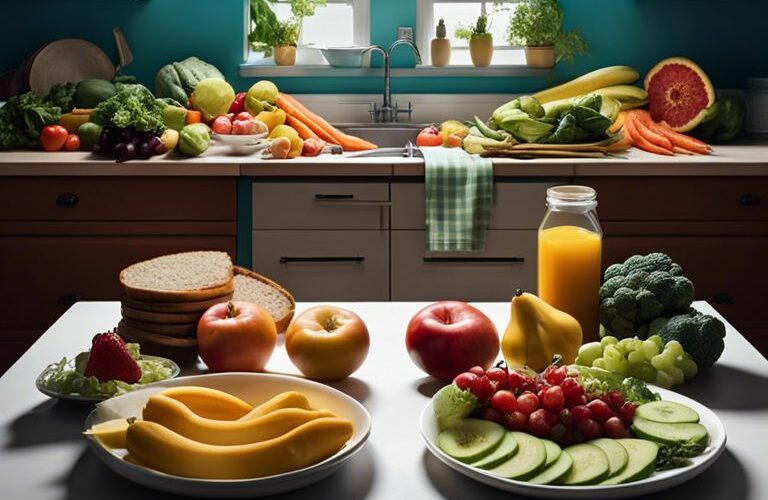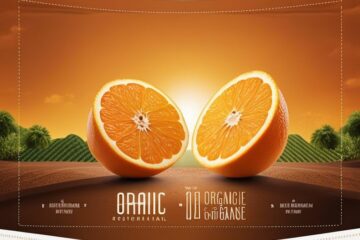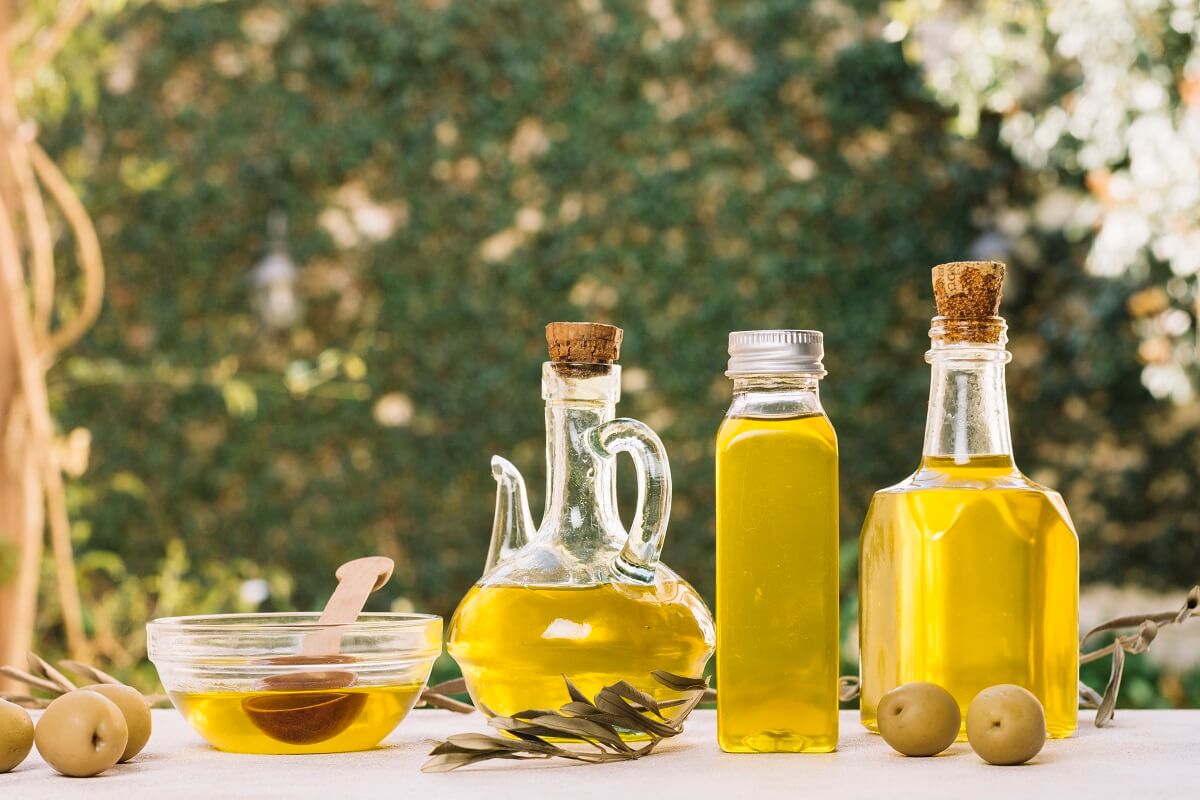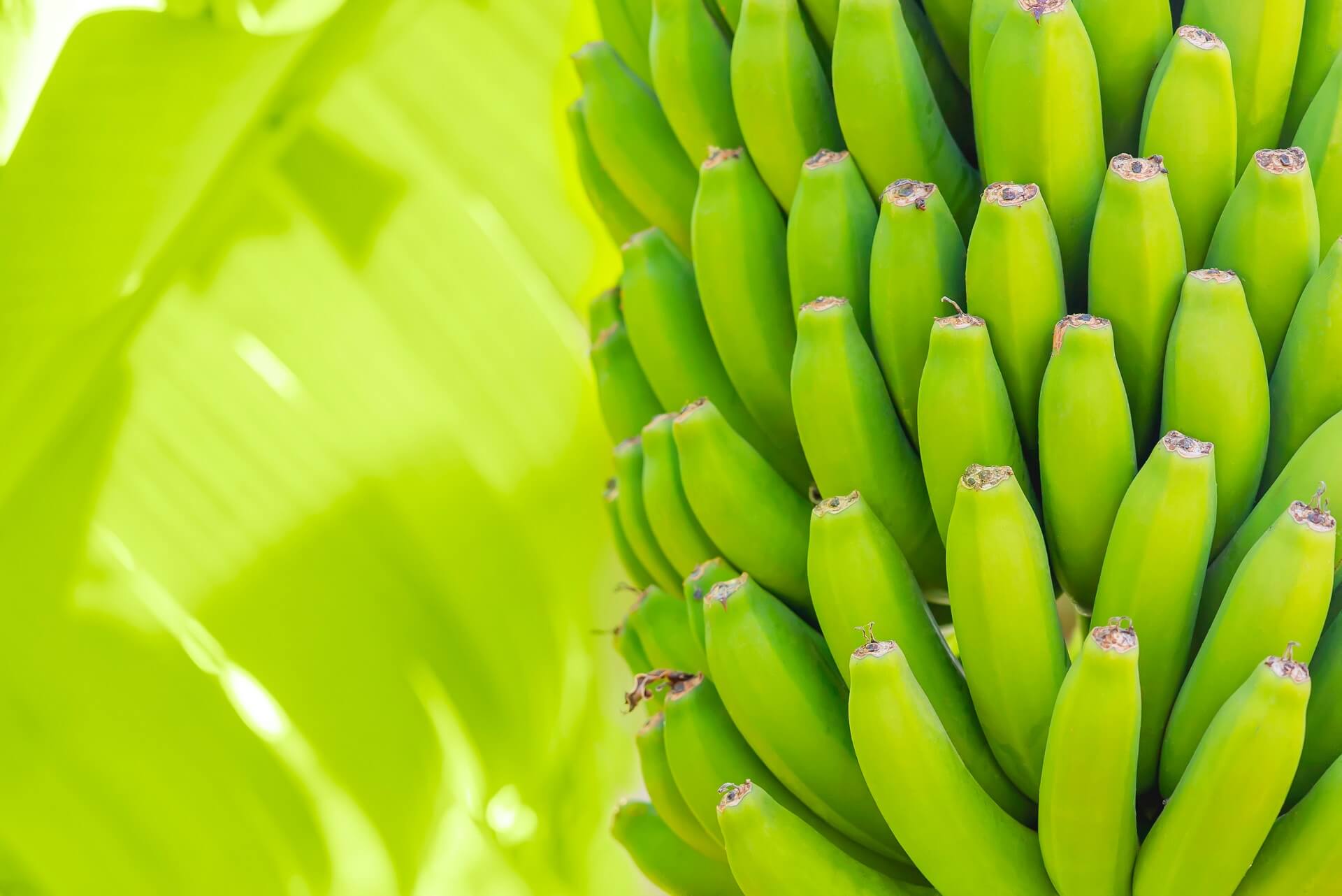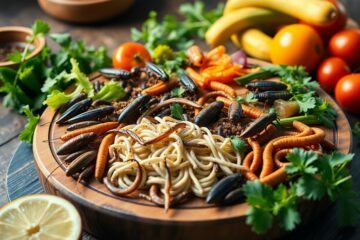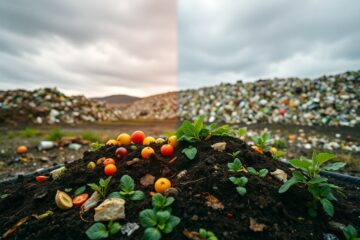Understanding the intricate ways in which food preservatives can affect our health is essential in making informed decisions about the foods we consume. While these additives play a crucial role in extending shelf life and preventing spoilage, their potential health ramifications cannot be overlooked. From sodium nitrites linked to cancer risk to sulfites triggering allergic reactions, it is imperative to delve into the impacts they may pose on our well-being.
Table of Contents
Key Takeaways:
- Food preservatives are chemicals added to food to prevent spoilage, extend shelf life, and maintain flavor and color.
- High consumption of food preservatives such as sodium benzoate and sulfites has been linked to negative health effects such as allergies, asthma, and hyperactivity.
- Some preservatives like nitrates and nitrites, commonly found in processed meats, have been associated with an increased risk of cancer, especially colorectal cancer.
- It is important to read food labels carefully and limit the intake of foods high in preservatives to reduce potential health risks.
- Choosing fresh and minimally processed foods over heavily preserved foods is a good way to minimize the impact of food preservatives on your health.
The Evolution of Food Preservation
While modern food preservation processes may seem like a recent development, the practice of preserving food dates back thousands of years. Early civilizations used methods such as drying, smoking, pickling, and fermenting to prolong the shelf life of perishable foods. These methods were essential for survival, allowing people to store food for times of scarcity.
Historical Perspectives on Food Preservation
Perspectives on food preservation have evolved over time. Ancient cultures like the Egyptians and Mesopotamians relied on sun-drying and salt curing to preserve food. In medieval Europe, salting and smoking were common methods, while cultures in Asia mastered fermentation techniques like kimchi and soy sauce production. Each society developed unique methods based on their climate, available resources, and culinary traditions.
With the advent of canning in the 19th century by Nicolas Appert and later Louis Pasteur’s pasteurization process, food preservation took a massive leap forward. These breakthroughs paved the way for the commercial production of canned goods and safer food storage practices.
Modern Advancements in Preservative Technology
One of the most significant advancements in modern food preservation is the development of synthetic preservatives. These chemical compounds, such as benzoates, sulfites, and nitrates, are added to food to inhibit the growth of bacteria, mold, and yeast. This has greatly extended the shelf life of many products, allowing for greater transportation and distribution of food items.
Preservation technologies like vacuum packaging, modified atmosphere packaging, and high-pressure processing have also revolutionized the food industry. These methods help maintain the quality and freshness of foods without the need for excessive preservatives. Consumers now have access to a wider variety of foods year-round, thanks to these technological innovations.
Preservation of food is a delicate balance between ensuring food safety and maintaining nutritional quality. While preservatives play a crucial role in preventing food spoilage and contamination, it is essential to be aware of their potential impact on health. Consumers should strive to strike a balance between convenience and the long-term effects of consuming foods with artificial additives.
Understanding Food Preservatives
Clearly, food preservatives play a crucial role in preventing food spoilage and extending the shelf life of various products. However, there is growing concern about the potential impact of these additives on our health. To make informed decisions about the food we consume, it is essential to understand the different types of preservatives commonly used in the food industry.
Classifying Different Types of Preservatives
When it comes to food preservation, preservatives can be broadly classified into two main categories: natural and synthetic. Natural preservatives, such as salt, sugar, vinegar, and herbs, have been used for centuries to slow down food spoilage. On the other hand, synthetic preservatives are chemical compounds that are created in laboratories to inhibit the growth of bacteria, mold, and yeast in food products. Synthetic preservatives are further divided into antioxidants, antimicrobials, and antimycotics.
- Antioxidants: Prevent oxidation and rancidity of fats and oils in food products.
- Antimicrobials: Inhibit the growth of bacteria and other microorganisms in food.
- Antimycotics: Prevent the growth of mold and yeast in food products.
Perceiving the differences between natural and synthetic preservatives is crucial in understanding their potential impact on our health and well-being. It is important to be aware of the types of preservatives used in the foods we consume and make informed choices based on our individual health needs and preferences.
| Antioxidants | Prevent oxidation and rancidity of fats and oils in food products. |
| Antimicrobials | Inhibit the growth of bacteria and other microorganisms in food. |
| Antimycotics | Prevent the growth of mold and yeast in food products. |
Commonly Used Chemical Preservatives in the Industry
On a commercial scale, food manufacturers often rely on a variety of chemical preservatives to ensure the safety and longevity of their products. The most commonly used chemical preservatives in the food industry include sodium benzoate, sulfites, nitrates, nitrites, and BHA/BHT. These preservatives are added to a wide range of processed foods, including snacks, baked goods, condiments, and beverages to prevent spoilage and maintain freshness.
Classifying the different types of chemical preservatives based on their functions and chemical properties can help consumers make informed decisions about the foods they choose to consume. It is essential to understand the potential risks and benefits associated with the use of chemical preservatives in our food supply and prioritize products that align with our health and wellness goals.
Health Impacts of Preservatives
Nowadays, food preservatives are added to various processed foods to extend their shelf life and maintain their quality. However, these ingredients may have detrimental effects on human health. It is important to understand how food preservatives can impact our bodies in both the short and long term.
Short-term Effects on Human Health
Any consumption of foods containing preservatives can lead to short-term health issues such as headaches, allergic reactions, or digestive distress. Some individuals may experience symptoms like nausea, dizziness, or skin rashes after consuming foods high in preservatives. These immediate reactions are a result of the body’s struggle to process and eliminate these chemical additives.
Furthermore, certain preservatives like sulfites and nitrates have been linked to triggering asthma attacks in sensitive individuals. These additives can also contribute to the development of food intolerances and sensitivities, leading to discomfort and potential complications in the short term.
Long-term Health Considerations
Effects on human health
Plus, prolonged consumption of foods containing preservatives can have more serious long-term health implications. Some preservatives have been associated with an increased risk of chronic conditions such as obesity, diabetes, and cardiovascular disease. The cumulative effect of regularly ingesting these additives may contribute to the development of these health concerns over time.
Debates and Controversies
After exploring the various aspects of food preservatives and their impact on health, it is evident that there are debates and controversies surrounding their use. Understanding these debates can help individuals make informed choices about their food consumption.
Preservatives and Their Role in Food Allergies
Any discussion about food preservatives inevitably leads to the question of their role in food allergies. Some studies suggest that certain preservatives may trigger allergic reactions in susceptible individuals. For example, sulfites, commonly used in dried fruits and wines, have been linked to asthma symptoms and other allergic reactions in some people. However, more research is needed to fully understand the relationship between preservatives and food allergies.
Scientific Studies and Conflicting Results
An examination of scientific studies on the effects of food preservatives reveals conflicting results. Some studies claim that certain preservatives are safe in moderate amounts and play a crucial role in extending the shelf life of food products. However, others suggest that long-term exposure to certain preservatives may have negative effects on health, such as disrupting gut bacteria or triggering inflammatory responses in the body.
To delve deeper into the complexities of this issue, researchers are conducting more studies to determine the specific effects of various preservatives on the human body. By analyzing these results, we can gain a clearer understanding of the potential risks and benefits associated with the consumption of foods containing preservatives.
Dietary Intake and Regulation
Unlike natural preservatives, synthetic food preservatives are often added to extend the shelf life of products and maintain their quality during storage. These preservatives are widely used in processed foods, from canned goods to snacks, to prevent spoilage and microbial growth.
Recommended Daily Intakes and Limitations
With the increasing consumption of processed foods, recommended daily intakes of preservatives such as sulfites, nitrates, and benzoates are a growing concern. While small amounts of these additives are considered safe for consumption, overreliance on processed foods can lead to exceeding the recommended limits. Excessive intake of preservatives has been linked to various health issues, including allergies, asthma, and potential carcinogenic effects.
Government Regulations and Industry Standards
Regulation of food preservatives varies worldwide, with different countries imposing limits on the types and amounts of additives that can be used in food products. The food industry also plays a role in establishing standards for preservative use to ensure food safety and quality. However, regulatory oversight is still a topic of debate, as some critics argue that more stringent measures are needed to protect consumer health.
This underscores the importance of awareness among consumers regarding the potential risks associated with excessive consumption of foods containing preservatives. While preservatives serve a valuable purpose in prolonging the shelf life of products, balancing their use with a diet rich in fresh, whole foods is essential for maintaining overall health and well-being.
Preservative-Free Alternatives
Not all hope is lost when it comes to avoiding preservatives in your food. There are alternatives available that can help you make healthier choices for you and your family.
Natural Preservatives and Their Effectiveness
On the quest for preservative-free options, natural preservatives can be a great alternative. Ingredients such as vitamin E, ascorbic acid (vitamin C), and rosemary extract have shown to be effective in prolonging the shelf life of food products. These natural preservatives not only help in preventing spoilage but also add nutritional value to the food.
Choosing products that use these natural preservatives can be a safer bet compared to those with synthetic preservatives. While natural preservatives may not have the same long-lasting effect as synthetic ones, they can still extend the shelf life of products while keeping them relatively healthier.
Tips for Choosing Preservative-Free Products
When shopping for preservative-free products, there are a few key tips to keep in mind to ensure you are making the best choices for your health:
- Read the labels: Look for keywords such as “no preservatives added,” “preservative-free,” or “all-natural ingredients.”
- Opt for fresh foods: Choose fresh produce, meats, and dairy products over processed and packaged foods.
- Avoid artificial additives: Stay away from products containing artificial colors, flavors, and sweeteners.
The key to choosing preservative-free products is to be diligent in reading labels and understanding what ingredients to avoid. By making informed choices, you can significantly reduce your intake of harmful preservatives.
- Preservatives are used in food to extend shelf life and prevent spoilage.
- Some preservatives have been linked to health issues such as allergies and potential carcinogenic effects.
- Choosing preservative-free products can help promote a healthier lifestyle and reduce the risks associated with synthetic preservatives.
Final Words
Ultimately, food preservatives do play a critical role in extending the shelf life of products and ensuring food safety. However, the constant exposure to these chemicals may have potential negative impacts on our health. It is important for consumers to be aware of the types of preservatives used in their food and to make informed choices when selecting products. Opting for fresh, whole foods and reading labels carefully can help minimize the intake of harmful preservatives.
FAQ
Q: What are food preservatives?
A: Food preservatives are substances added to foods to prevent spoilage and extend their shelf life. They inhibit the growth of bacteria, yeasts, and molds, as well as slow down the oxidation of fats which can cause rancidity.
Q: How do food preservatives impact health?
A: Some food preservatives have been linked to various health concerns such as allergies, asthma, hyperactivity in children, and even cancer. They may also disrupt the beneficial bacteria in the gut and contribute to antibiotic resistance.
Q: What are common types of food preservatives to watch out for?
A: Some common food preservatives to be aware of include sulfites, nitrites, benzoates, sorbates, and artificial sweeteners like aspartame. These additives are often found in processed foods, canned goods, and fast food products.
Q: How can consumers reduce their intake of food preservatives?
A: To reduce your intake of food preservatives, opt for fresh, whole foods whenever possible. When buying packaged foods, read labels carefully and choose products with fewer additives. Cooking meals from scratch and storing leftovers properly can also help minimize exposure to preservatives.
Q: Are there natural alternatives to synthetic food preservatives?
A: Yes, there are natural alternatives to synthetic food preservatives such as rosemary extract, vitamin E, and citric acid. These natural preservatives can help extend the shelf life of foods without the potential health risks associated with synthetic additives.

Our contributing author is a passionate advocate for eco-friendly living and sustainability. With a background in eco-life, they are dedicated to inspiring and empowering individuals to adopt environmentally conscious lifestyles. Through insightful articles, they share practical tips, innovative solutions, and thought-provoking perspectives to promote a greener, more sustainable world. Join them on the journey towards eco-smart living and discover how small choices can make a big impact. 🌱

